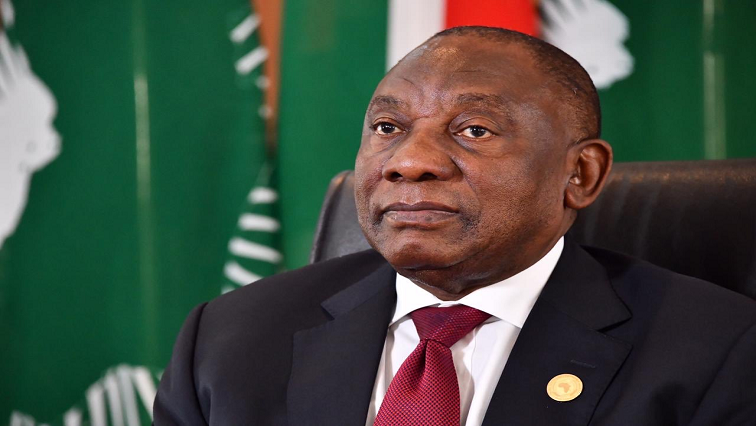President Cyril Ramaphosa has told an independent United Nations (UN) panel that the health of women has been adversely impacted through the reallocation of resources in response to the COVID-19 pandemic.
The South African President and current African Union Chairperson was the opening speaker at the Independent Accountability Panel for Every Woman, Every Child, Every Adolescent, a group appointed by the Secretary-General in 2015 to oversee progress on the global strategy to shore up healthcare for these demographics.
Ramaphosa says the pandemic is placing a burden on already constrained health systems.
“The health of women has been adversely impacted through the reallocation, particularly in sexual and reproductive health services. There is a real danger that this will contribute to a rise in maternal and new-born mortality, increased unmet need for contraception and an increased number of unsafe abortions and sexually transmitted infections,” he said.
South Africa believes sexual and reproductive health services are crucial for a thriving society, including access to maternal health care and interventions related to gender-based violence.
Ramaphosa called on the nations of the world to ensure that the pandemic does not worsen existing inequalities or impede the realisation of the rights of women and girls.
In the video below, the launch of the UN Report:
Ramaphosa also called for developing countries to have equitable access to safe and effective medicines and new health technologies.
“We call on upon the global community to undertake the actions that are urgently needed to ensure collaboration on the development of knowledge, intellectual property and data for existing and new therapeutics, vaccines and diagnostics for COVID-19. I would like to commend governments around the world for their collaborative efforts towards advancing Sustainable Development Goal 3 on ensuring health and well-being for all. This includes a bold commitment to end HIV and Aids, tuberculosis, malaria and other communicable diseases by 2030,” he said.






